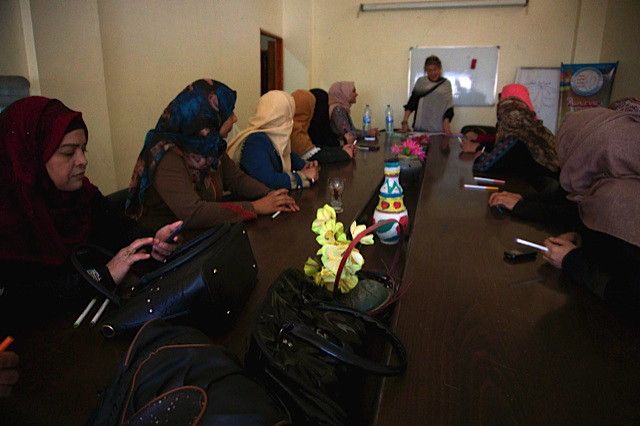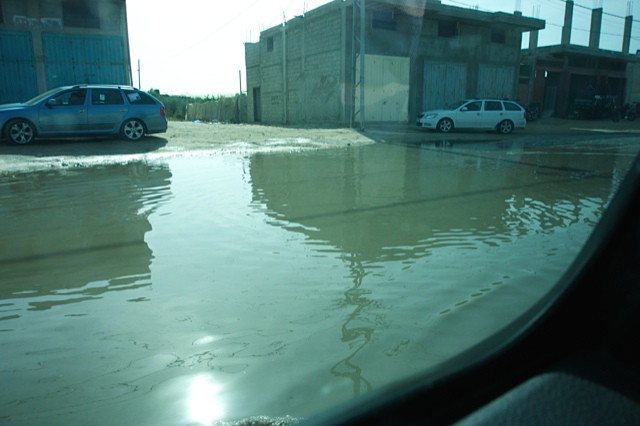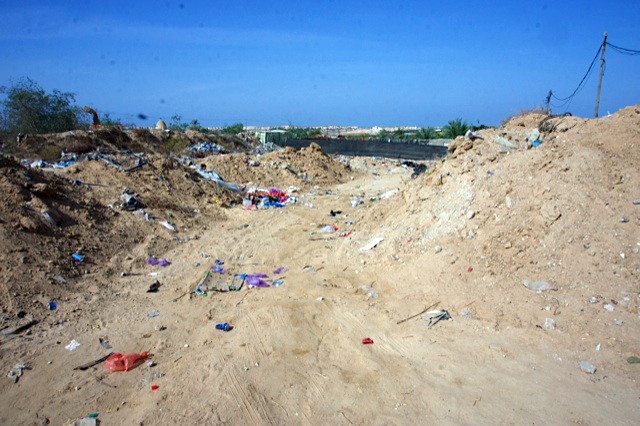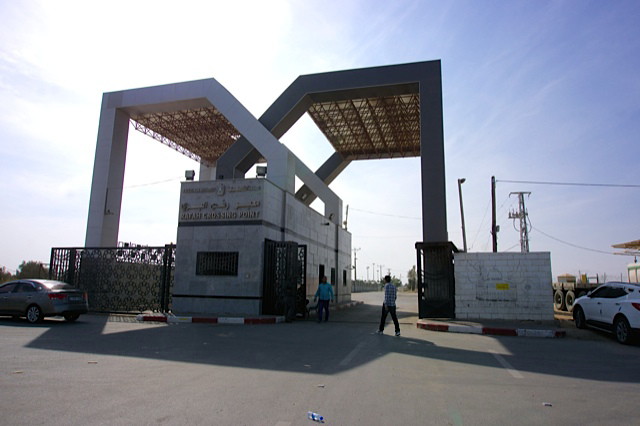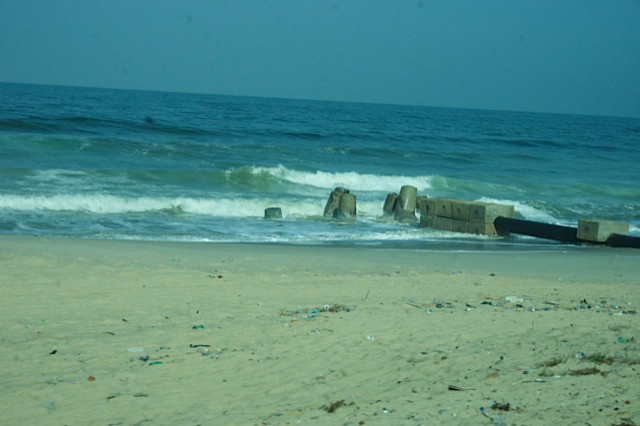Gaza lives in crisis and under siege by Gerri Haynes
Day Four in Gaza
Gaza is home to Women’s Empowerment Clinics – NGOs that provide education for adult women in such areas as breastfeeding, childcare, political involvement, and exercise. Funding for these clinics is a constant problem in this land of extreme unemployment.
With borders closed, movement of produce and goods from Gaza remains stagnant. A furniture industry that was once a source of international trade is nearly non-existent. Shipment of fruits and flowers is largely prohibited. Jobs in construction are not numerous enough to make a dent in the need for income in hundreds of thousands of homes.
Today we saw an increase in fishing along the coast, but the narrow corridor allowed by Israel to fishermen constricts the major fishing industry. Gaza lives in economic crisis. We visited the border area between Gaza and Rafah – an area where thousands of tunnels once provided access to goods from Egypt. People, cars, gasoline and many supplies moved through these tunnels while the 10-year-old siege prevented free transit.In the last year, nearly all of the tunnels have been destroyed. On the Egyptian side of the border, a broad swath of land has been cleared, denying the protection to tunnels that was once provided by a community of homes and other structures. The siege has been tightened.
There are rumors that the crossing (for people, not goods) at Rafah will open on a more consistent basis. For now, the crossing opens at rare intervals, generally for limited humanitarian movement or for individuals who are able to pay the high fees for access to visas.Today, the crossing was vacant and soldiers there questioned us about the US presidential election – they spoke with alarm about what may happen to Palestinians during the coming administration.
This evening, we met with Dr. Yousef Musa from UNWRA. We spoke of many aspects of health in Gaza. Primarily, the critical need is for the siege to end – to give people hope for employment, improved health, increased education and family security.Yousef organizes the ongoing UNRWA activity week for children each year – a time that gives participating children a sense of belonging and strength. Gaza is surely graced by this wise man.
RSS feed for comments on this post. TrackBack URI
